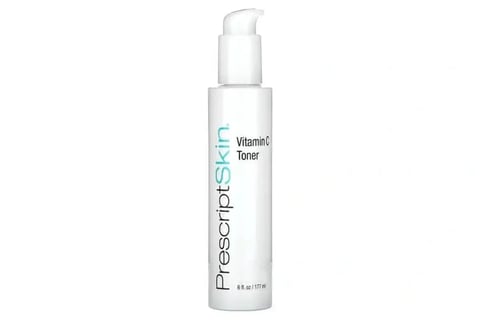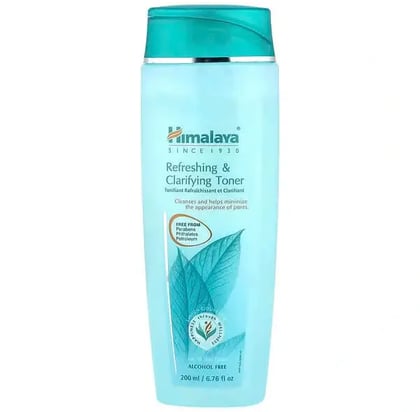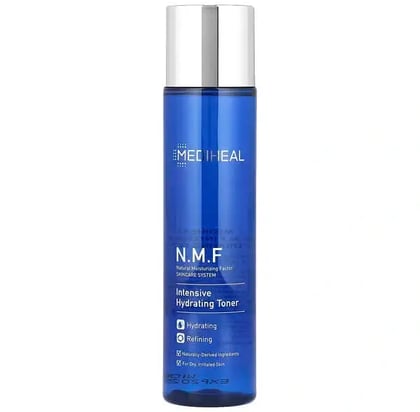Toner Skincare Purpose: How & Why to Use It
Discover the true purpose of toner in your skincare routine—learn how it preps, balances & hydrates skin. Get step-by-step tips now!
SKINCARE
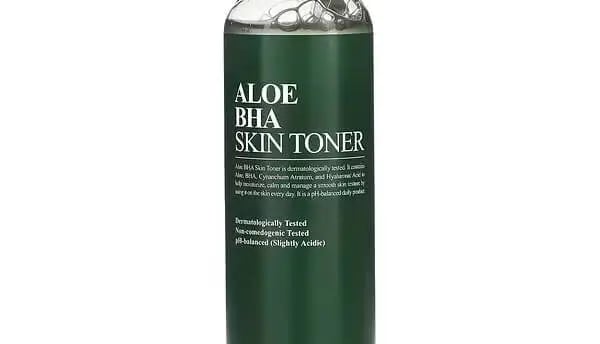

What Is Toner and Why You Need It?
Toner is like freshly tilled soil—raw, unbalanced, and primed to absorb the next nutrients. It’s a lightweight liquid you apply immediately after cleansing. Unlike the harsh astringents of decades past, today’s toners span from gentle, hydrating mists to mild exfoliating solutions. In essence, toner rebalances and refreshes your skin, prepping it perfectly for serums and moisturizers to follow.
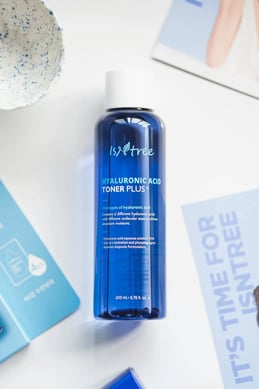

Ana Nogrey
History & Evolution
Alcohol-Based Astringents (1950s–1980s): Early formulas relied on denatured alcohol to strip oil and tighten pores. They often left skin feeling tight and irritated.


The Ethnobotanical Assembly
pH-Balancing Era (1990s–2000s): As we learned about the skin’s natural acidity (pH ~4.5–5.5), toners shifted to gentler, pH-restoring formulas using mild ingredients like glycerin.
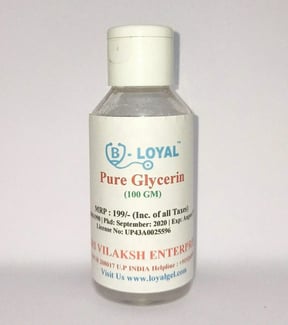

Amazon.in
Hydrating Mists & Actives (2010s–Today): Now, toners double as hydration boosters and delivery systems for active ingredients (think hyaluronic acid, niacinamide, light AHA/BHA). You can mist them on or apply with a cotton pad—either way, they soothe and prime without the burn.
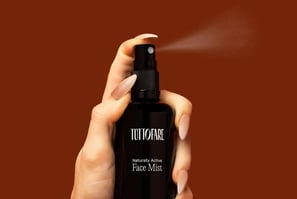

tuttofare
Core Purpose
Rebalance & Hydrate
Restores your skin’s natural pH so it’s not too acidic or alkaline.
Delivers a quick burst of moisture, especially if you choose a humectant-rich formula (e.g., hyaluronic acid, glycerin).
Prep & Enhance Absorption
Clears away residual cleanser or hard water minerals.
Makes your skin more receptive to serums and creams, so active ingredients penetrate deeper.
Gentle Exfoliation (When Needed)
Light AHA/BHA toners can slough off dead cells—without scratching or scrubbing.
This keeps pores clear and smoothes skin texture over time.
Pro Tip: If you’ve ever felt your serums just sit on top of your skin, try adding a toner step. You’ll be amazed how much more “thirsty” your skin is for the good stuff that follows!
Key Benefits of Using Toner
1. Hydration & pH Balancing
Toner delivers an immediate moisture boost the moment it touches your skin. By restoring your skin’s ideal pH (around 4.5–5.5), it helps keep your barrier strong and resilient.
Humectant powerhouses like hyaluronic acid and glycerin draw water into your skin, so you feel refreshed, not tight.
Balanced pH prevents over-stripping or excess oil production, reducing sensitivity and breakouts.
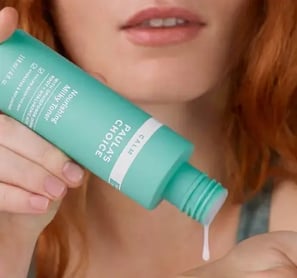

Paula's Choice
2. Preps Skin for Serums & Moisturizers
Toner acts as the perfect “primer” for every skincare step that follows. Think of it as laying down the welcome mat for your actives.
Clears away residual impurities (traces of cleanser, hard-water minerals) so nothing blocks absorption.
Softens and smooths the surface, allowing serums and creams to penetrate deeper and work more effectively.
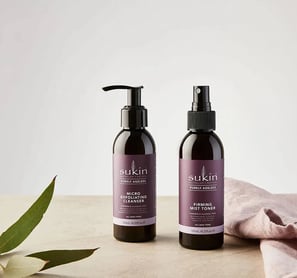

Sukin
3. Gentle Exfoliation (When AHA/BHA Formulas Apply)
Toner can do double duty when it contains light chemical exfoliants. Without any scrubbing, it sloughs off dead skin cells to reveal smoother, brighter skin.
AHA/BHA toners (like glycolic or salicylic acid at low strengths) gently dissolve the “glue” between cells—no grainy scrub needed.
Improved texture & tone over time, with fewer clogged pores and less roughness.
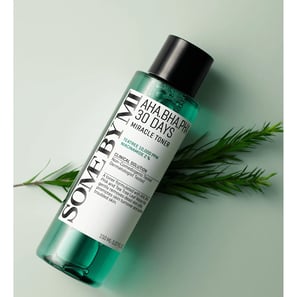

Adore Beauty
4. Soothing & Calming (Anti-Redness Actives)
Toner packed with calming ingredients can ease inflammation and redness, especially if you’re prone to sensitivity.
Niacinamide, ceramides, aloe vera and bisabolol help reinforce your skin barrier and reduce visible irritation.
Cooling mists feel instantly refreshing on stressed or reactive skin, giving you that comforting “ahh” moment after cleansing.
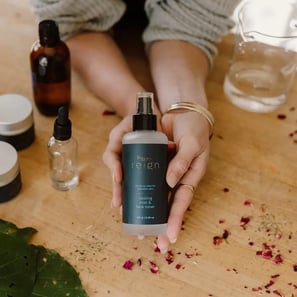

Reign
How to Incorporate Toner into Your Routine
When to Apply Toner (AM vs. PM)
Toner works best right after cleansing, both morning and night:
AM Routine: Apply toner first thing to remove overnight sweat or residue, then follow with antioxidant serums and SPF.
PM Routine: Use toner to clear away makeup traces and environmental pollutants before layering on treatment serums and night cream.
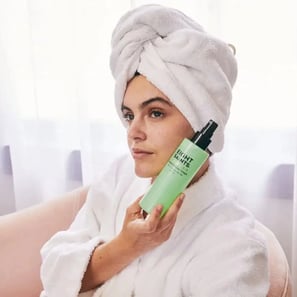

Eight Saints
Application Methods
There’s no single “right” way—choose the approach that feels best for your skin:
Cotton Pad
Pros: Even, controlled application; ideal for toners with light exfoliants (AHAs/BHAs).
How to:
Saturate a reusable cotton pad.
Gently swipe across your face and neck in upward strokes.
Discard or wash the pad after use to prevent bacterial buildup.
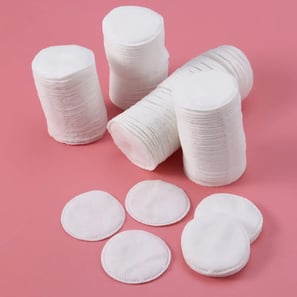

eBay
Hands
Pros: Minimal waste; direct contact helps warm the product and boost absorption.
How to:
Pour a few drops into clean palms.
Press and pat toner into skin, starting from the center of your face and moving outward.
Finish with a gentle sweeping motion up the neck.
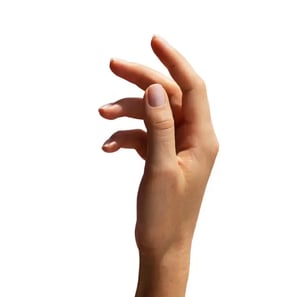

FreePik
Frequency & Quantity
1–2× Per Day: Most skin types benefit from toning twice daily, but if you’re sensitive, start with once per day (PM) and build up.
How Much to Use:
Cotton Pad: One saturated pad per application.
Mist: 2–4 full sprays for even coverage.
Hands: A rice-grain–sized drop per cheek, plus one for forehead and chin.
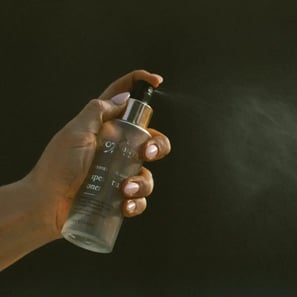

Eco Tan
Pro Tip: If your skin feels tight or flaky after toning, reduce frequency or switch to a more hydrating formula. Always follow with a moisturizer to lock in the benefits!
Choosing the Right Toner for Sensitive, Acne-Prone Skin
Ingredients to Look For
Toner formulations with barrier-supporting, hydrating actives will keep irritation at bay while helping clear breakouts:
Niacinamide: Calms redness, regulates oil production, and strengthens your skin’s barrier.
Hyaluronic Acid: Attracts and locks in moisture without clogging pores—your skin stays plump, not tight.
Ceramides: Reinforce the lipid barrier to prevent moisture loss and defend against environmental stressors.

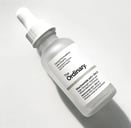
Glossip Girl
Ingredients to Avoid
To protect sensitive, acne-prone skin, skip any potential irritants or pore-cloggers:
Denatured Alcohol: Strips natural oils, leaving skin over-dry and prone to rebound oiliness.
Fragrances (synthetic or natural): Can trigger inflammation and allergic reactions.
Essential Oils (e.g., lavender, citrus): Even “natural” extracts may cause stinging or redness.


Celestolite
Types of Toners
Choose your toner format based on your specific needs and lifestyle:
Hydrating/Refreshing Mists
What it does: Spritz for an instant moisture boost and a cooling, calming effect.
Best for: On-the-go hydration, sensitive skin flares, or midday pick-me-ups.
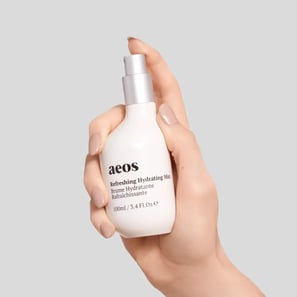

Be Genki
Exfoliating Toners (Low-Strength AHA/BHA)
What it does: Gently dissolves dead skin cells to keep pores clear and texture smooth.
Best for: Occasional use (1–2× per week) if you’re tackling mild congestion—always start low and patch-test.
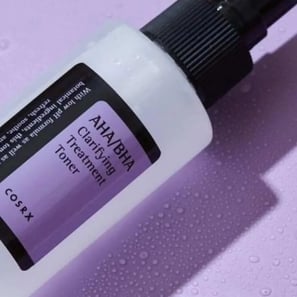

Kanvas Beauty
pH-Balancing Solutions
What it does: Restores your skin’s natural acidic mantle (pH ~4.5–5.5) to optimize barrier function and reduce sensitivity.
Best for: Daily use when your skin feels out of balance after cleansing, especially in hard-water areas.
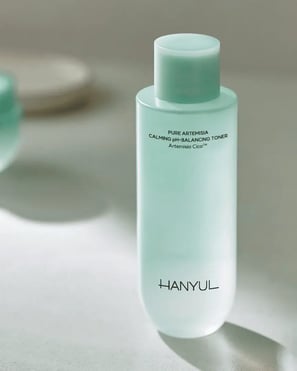

Soko Glam
Pro Tip: If you’re new to toners, start with a hydrating mist for two weeks, then experiment with a pH-balancing solution. Only add an exfoliating toner once your skin feels comfortable and you’ve tested it on a small patch first.
Top Picks: Skin Toner
Who It’s Best For
Ideal for those with dull, uneven skin tone looking for a brightening boost.
Suitable for combination to oily skin types due to its mild exfoliating properties.
Not recommended for sensitive or highly reactive skin, as it contains multiple exfoliating acids and fragrance.
Pros:
Effective for brightening and mild exfoliation.
Infused with natural, organic extracts (e.g., green tea, spirulina).
Cruelty-free and free from parabens, sulfates, and phthalates.
Cons:
Contains fragrance, which may irritate sensitive skin.
Includes multiple exfoliating acids, increasing risk of over-exfoliation if not used carefully.
Potential sun sensitivity due to AHAs/BHAs; sunscreen is a must.
Key Ingredients: Vitamin C, AHAs (Lactic Acid, Glycolic Acid, Citric Acid), BHA (Salicylic Acid), Green Tea, Chamomile, Cucumber, Calendula, Spirulina, Glycerin.
Who It’s Best For
Anyone with all skin types seeking gentle pore-minimizing and oil-control without overdrying.
Pros:
Non-comedogenic
Alcohol-free
Paraben-free
Phthalate-free
Petroleum-free
Cons:
Contains fragrance ✗ (may irritate very sensitive skin)
Cotton-pad only application (no mist option) ✗
Key Ingredients: Water, glycerin, polysorbate 20, phenoxyethanol, ethylhexylglycerin, sodium benzoate, potassium sorbate, fragrance, potassium alum, sodium citrate, carrot seed extract, Boerhavia diffusa root extract, lemon peel extract, lentil fruit extract.
Who It’s Best For
Dry, irritated skin needing deep, long-lasting hydration and soothing relief.
Pros:
Intense, long-lasting hydration
Soothes redness and irritation
Refines skin texture for a smooth finish
Mineral-rich, naturally derived ingredients
Cons:
Contains alcohol (can be drying for ultra-sensitive skin)
Includes fragrance (potential irritant)
Packaged as a cotton-pad only formula—no mist option
Key Ingredients: Natural Moisturizing Factor (deep-ocean minerals), sea water, betaine, glycerin, sodium hyaluronate, hydrolyzed collagen, tremella mushroom extract, centella asiatica.
Who It’s Be
Combination to oily, acne-prone skin needing gentle, daily exfoliation and hydration.
Pros:
Non-comedogenic
pH-balanced (slightly acidic)
Dermatologically tested & biodegradable
Combines hydration + gentle BHA exfoliation
Cons:
Contains salicylic acid, which may irritate ultra-sensitive skin
No alcohol-free fragrance listed—possible mild scent from extracts
Key Ingredients: Aloe barbadensis leaf water, salicylic acid (BHA), sodium hyaluronate, glycerin, cynanchum atratum extract, beta-glucan, and polyglutamic acid.
Common Mistakes & Myths to Avoid
Over-Toning (Why More Isn’t Better)
Toner can feel so refreshing that it’s tempting to splash or swipe multiple times—but over-toning risks stripping your skin’s natural oils and weakening your barrier.
Less is more: Stick to 1–2 applications/day.
Listen to your skin: If it feels tight or shows redness, scale back frequency or switch to a gentler formula.
Barrier reset: Over-toned skin often overproduces oil to compensate, leading to more breakouts—exactly what you’re trying to prevent.
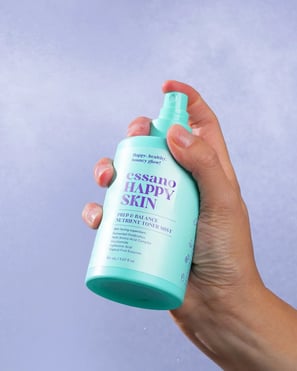

Essano
Myth-Busting (“Toner Dries Out Skin”)
Many people believe all toners are “drying astringents,” but that’s a throwback to alcohol-heavy formulas of the past.
Modern toners are packed with humectants (hyaluronic acid, glycerin) that hydrate, not dehydrate.
Skip the scare tactics: Read labels—if you see denatured alcohol or witch hazel high on the ingredient list, it may be too harsh for sensitive skin.
Choose wisely: A true hydrating toner should leave your skin feeling plump, never tight.
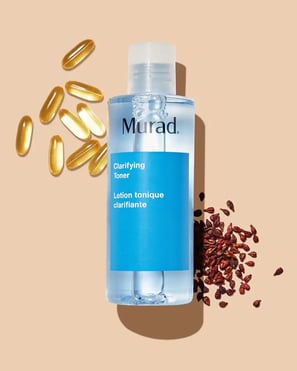

Murad
Patch-Testing New Formulas (How & Why)
Introducing any new product—especially ones with active ingredients—can trigger unexpected irritation. Patch-testing is your safety net.
Pick a discreet area: Inner forearm or behind the ear.
Apply a small drop: Use the exact concentration you’d use on your face.
Wait 24–48 hours: Look for redness, itching, or swelling.
Proceed or pivot: If no reaction, you’re clear to add it to your routine; if irritation appears, skip that formula and try a gentler option.
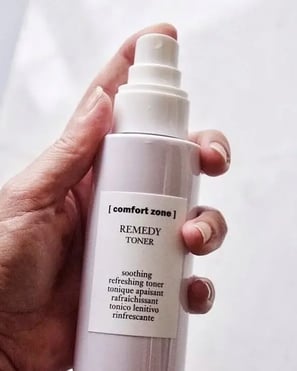

Skin Clinica
Pro Tip: Always patch-test exfoliating toners (AHAs/BHAs) first—once you confirm tolerance, you can confidently layer them into your routine without surprise flare-ups.

